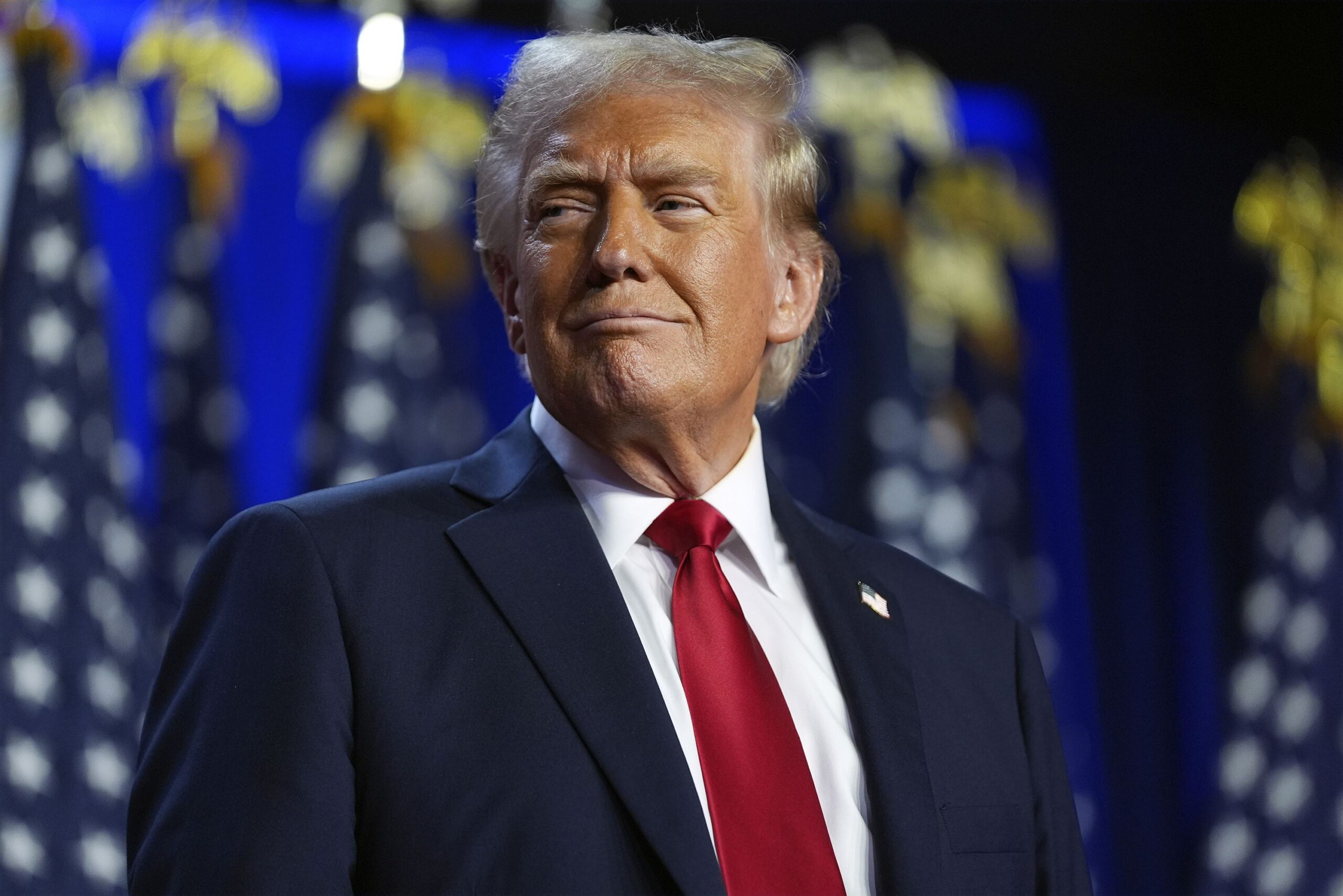Following Donald Trump’s re-appointment as US President, industry examiners are investigating the implications of his second term for them, and the movement and tourism sector is no exception.
Appointments down
The ramifications of US elections for movement and tourism will generally make themselves felt before any votes are projected, with a stoppage occuring in the period preceding and after the surveys. Aircrafts Delta, United, and Jetblue were all expecting an election hush, as per Pax Media, and enormous names including lodging networks, for example, Marriott International noticed the period’s “definitively lower appointments”. In the mean time vehicle rental help Avis Financial plan Gathering told a profit conference that during a national election “individuals will generally remain at home.”
So the US travel sector, still the world’s generally strong as indicated by the World Travel and Tourism Gathering, has proactively seen appointments and incomes dropping. What’s more, now that the election result is known, the “Trump factor” is being determined into industry projections, with an anticipated “negative 300 premise focuses in November and negative 100 premise focuses for the quarter” which Marriott’s CFO Kathleen Oberg brought up is “twofold that of past election cycles.”
US aversion?
A few operators have noticed a propensity among tourists to stay away from movement to or by means of the States because of Trump’s presence in the White House. Numerous foreign clients intentionally demand intercontinental flights that don’t connect through the United States, Pax has detailed, as well as a disinclination from specific gatherings, like LGTBQ+ explorers, to visit the US because of an apparent security danger from Trump’s system.
Line related issues
Biden and Harris had worked with US Secretary of State Antony Blinken to further develop visa application overabundances at the line, enrolling staff and presenting waivers, as well as giving 11.5 million visas in financial year 2024, with visitor visas up 10% to 8.5 million year-on-year. The sector was anticipated to hit a national objective of 90 million visitors in general by 2026.
Under Trump notwithstanding, line delays deteriorated because of expanded screening and rejections of numerous nations hailed as “security concerns” by the President, getting some trepidation a similar will going in the future. Making visa handling more administrative and tedious increments vulnerability which adversely effects would-be visitors itinerary items – something that commentators say could forestall the US arriving at its development objectives.
Travel boycotts
Something else that builds vulnerability and puts expected visitors off their excursions, influencing development, is the logical introduction of movement restrictions on wraps of nations by Trump. In his initial term, he set boundaries for section for residents of Iran, Iraq, Libya, Somalia, Sudan, Syria, and Yemen. He has proactively flagged he has comparable intentions for his second command. With a lot of clamor during Trump’s mission about Haitian migrants and others, numerous networks in the US and all over the planet will be holding up with goaded breath prior to making travel arrangements for the USA. This again could influence the US’s capacity to hit its 90 million objective.
One more consequence of more tight immigration approaches and less visa applications is strain on the US business market, with less competitors pushing up compensation, expanding work costs in aviation and neighborliness.
Aviation regulations and competition
US flyers face higher air ticket costs than Europeans as of now, because of various factors, one of which is the mass consolidation of US carriers that has occurred over ongoing years, decreasing competition and pushing costs up. Biden-Harris got serious about such consolidations, forestalling both JetBlue and Soul, and Upper east and American, from working together.
Biden-Harris likewise buckled down with the Division of Transport to make carriers more straightforward and compel them to regard customers’ privileges, for instance to open travel and to discounts on account of administration disappointment.
It isn’t yet clear what direction Trump will rest on an impending bill that would drive additional straightforwardness from carriers, however he for the most part leans toward a non-interventionist way to deal with business.
Expenses and duties
Trump could well diminish charges which could incline toward carriers, lessening expenses and opening up capital use for venture, however the expected constructive outcome of this on the business could be counterbalanced by two things.
Right off the bat, there is a gamble Trump will eliminate government motivations for carrier and lodging foundation projects. Secondly, it is logical the US will see another exchange battle through the introduction of protectionist taxes, if Trump 2.0 seeks after a comparable political style to that embraced in his initial term. China, ready as the world’s second greatest travel and tourism market, is set to take the advantage in any such duel.
The green transition
Notoriously environment cynic, Trump pulled out of the Paris Environment Accord in his initial term and doesn’t have faith in supportability motivators. This implies that aircrafts, attempting to decrease carbon emissions by putting resources into green transition solutions, could be hung on a mission to dry by the evacuation of government sponsorships, Skift reports. Furthermore, thusly, that implies progress towards decarbonisation will vacillate.

